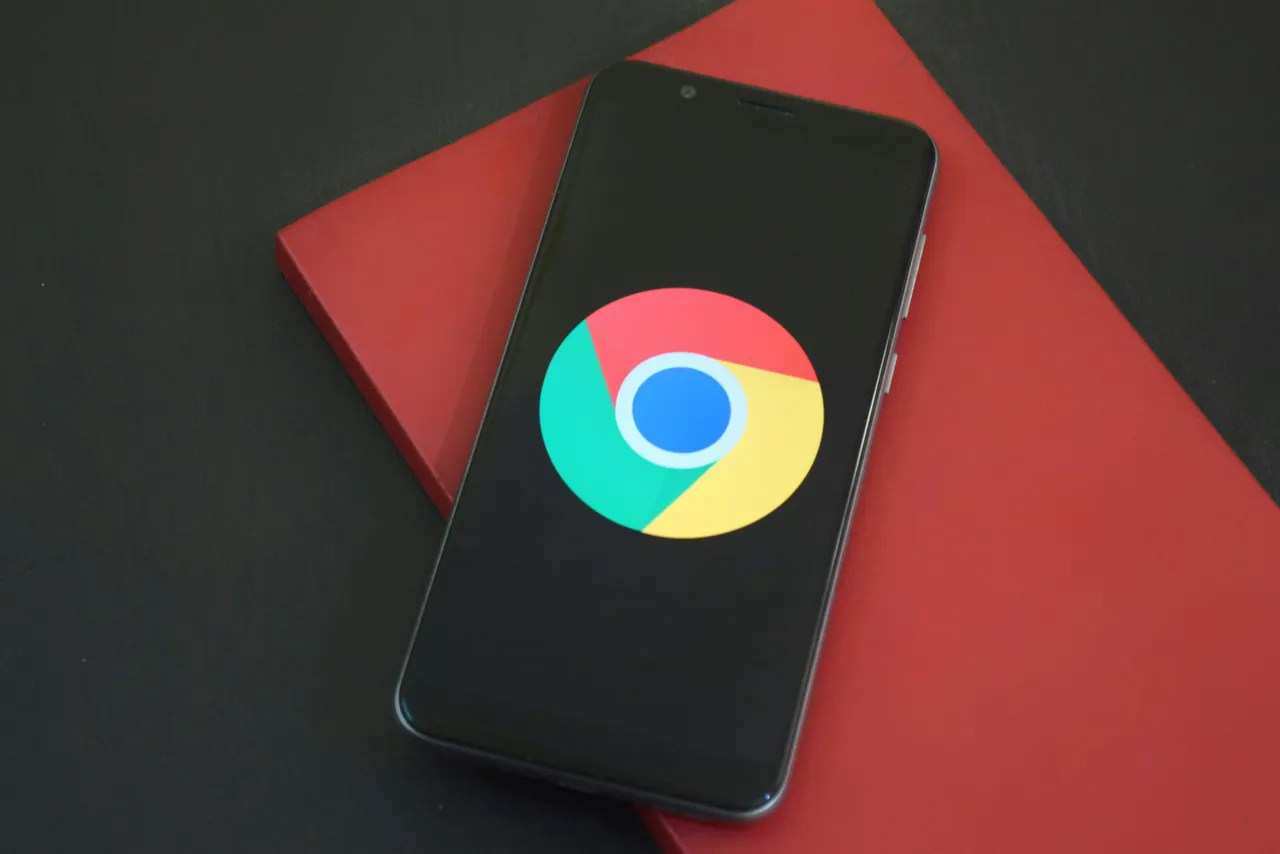
It’s become a common scene: a patient walks into the clinic armed with screenshots, forum advice, and maybe even a tentative self-diagnosis. The digital age has turned search engines into the first responders for millions of people seeking health information. While this can empower patients, it also complicates the clinical interaction—with both potential and pitfalls.
🔍 Empowered but Overwhelmed Research shows that over 70% of adults use the internet to search for medical information before seeing a doctor Pew Research Center. For many, this builds health literacy, improves shared decision-making, and helps patients feel more in control. They arrive informed and engaged—ready to ask questions and participate actively in their care.
However, not all online information is reliable. Misinformation, pseudoscience, and oversimplified content often blur the lines between useful education and misleading narratives. Worse, some patients may rely entirely on “Dr. Google,” delaying essential care.
⚠️ The Rise of Misinformation During the COVID-19 pandemic, a wave of health-related misinformation flooded social media, leading to confusion and mistrust. In one 2020 study, over 25% of viral health posts contained false or misleading claims BMJ Global Health.
Common internet health myths—like vaccine microchips or herbal “cures” for chronic illnesses—aren’t just harmless curiosities; they can undermine public health, increase patient anxiety, and even lead to dangerous self-treatment.
💬 The Doctor’s Dilemma Physicians now find themselves navigating a more complex communication space. A patient may begin a visit by saying, “I read online that this symptom means I have X,” placing the doctor in the position of either affirming or refuting a potentially flawed conclusion. This can erode trust if not handled delicately.
However, dismissing patient-researched ideas outright often backfires. Studies suggest that collaborative discussion—not confrontation—is the most effective strategy. Approaches like motivational interviewing and reflective listening help build rapport, clarify misconceptions, and redirect patients to credible sources.
🧠 How Doctors Can Respond Validate curiosity: Acknowledge the patient’s effort in researching their symptoms.
Redirect to reliable sources: Share vetted platforms like Mayo Clinic, CDC, or WHO.
Use “info prescription”: Suggest websites or patient-friendly articles to read post-visit.
Don’t assume malice: Remember, most patients turn to the internet out of concern, not defiance.
Be ready to debunk gently: Use empathy when addressing false beliefs, not ridicule.
🧭 Final Thought The internet is not the enemy of medicine—it’s part of its new terrain. When clinicians embrace digital literacy and foster open, respectful dialogue, the “patient who Googled it first” becomes not a challenge but an opportunity: to educate, collaborate, and build stronger therapeutic relationships in a connected world.
Pic credit:
Pexels: Deepanker sharma